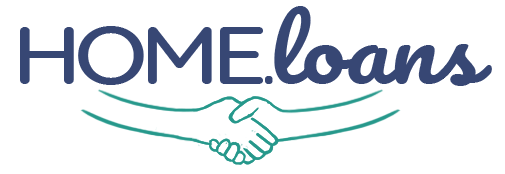203b Loan Down Payment Requirements
One of the major benefits of 203b loans is the fact that well-qualified borrowers only need to make a 3.5% down payment. However, to qualify, borrowers need a credit score of at least 580. In contrast, borrowers with a score of 500-579 are required to make a 10% down payment. A borrower must have at least a 500 credit score to be eligible for FHA loans.
Gifts as 203b Loan Down Payments
If you qualify for a 203b loan, but you don’t have the funds to pay for a down payment in cash, you might want to consider asking a family member to help. Fortunately for borrowers, the FHA permits 100% of a down payment to come from a gift from a qualified party. Qualified parties include:
Relatives (typically parents, aunts, uncles, cousins, etc.)
Fiancés or fiancées
Close friends with a “clearly defined and documented interest in the borrower”
Employers or labor unions
Charitable organizations
Despite this, it’s important to realize that borrowers cannot accept down payment gifts from monetarily interested parties— i.e., those who would gain a financial benefit from the sale of the home. For example, borrowers are typically not allowed to receive down payment gifts from real estate agents or brokers, sellers, home builders, or others similar parties.
FHA Approved Down Payment Grants
While the FHA 203(b) loan only requires 3.5% of the home’s value as a down payment (with applicable credit score), that can be a lot to come up with for aspiring home buyers— especially if you don’t have a friend or relative that can contribute a gift to your down payment. This is particularly true when you factor in things like closing costs (if you elect not to roll them into the loan), moving costs, and everything else that you will need money for. Thankfully, there are ways to offset your costs. In some instances, you can actually take advantage of grant programs that offer you funding without the need to incur yet more debt.
What is a Grant?
Before we dive too deeply into the discussion, we need to explore the difference between a grant and a loan. A loan is money lent to you by a lender. You repay that money over time, plus interest. A grant is different – you do not need to repay the money. As such, there is only so much to go around.
Grant programs are very competitive and can be challenging in terms of eligibility requirements. In the real estate industry, they are only given to those who need them most, meaning that you will need to jump through many hoops in order to prove that you are indeed part of the target demographic the grant program was created to benefit in the first place.
Examples of State Grant Programs
Currently, there is no comprehensive list of FHA approved down payment grants for all states. The best option is to work with a reputable lender who knows the grant landscape for your specific state. Each state in the nation has its own applicable grant programs made available only to residents within that state. For instance, Georgia has the Georgia Dream Homeownership Program, as well as the Homestretch Down Payment Assistance Program.
Florida residents can make use of a range of options, including the State Housing Initiatives Partnership, as well as numerous county-specific grant programs (Broward County Homebuyer Purchase Assistance Program, for instance).
As a note, all grant programs have very specific eligibility requirements, so you will need to research not only the programs available in your geographic area, but the terms that you will need to meet in order to qualify. As an example, let’s take a look at the eligibility requirements for the Georgia Dream Homeownership Program. You must:
Be seeking to purchase a home within the state
Not have owned a home within the preceding three years
Complete a “homebuyer workshop”, have individual home buying counseling, or take an online counseling course
Not earn over $69,000 per year for a home with one to two individuals, or up to $79,000 per year for households of three or more (for qualifying counties only)
Not seek to purchase a home worth more than $250,000
Each grant program on offer has similar requirements, although each program is unique in its own way. Note that these requirements are in addition to those the FHA/HUD imposes for the loan in the first place.


